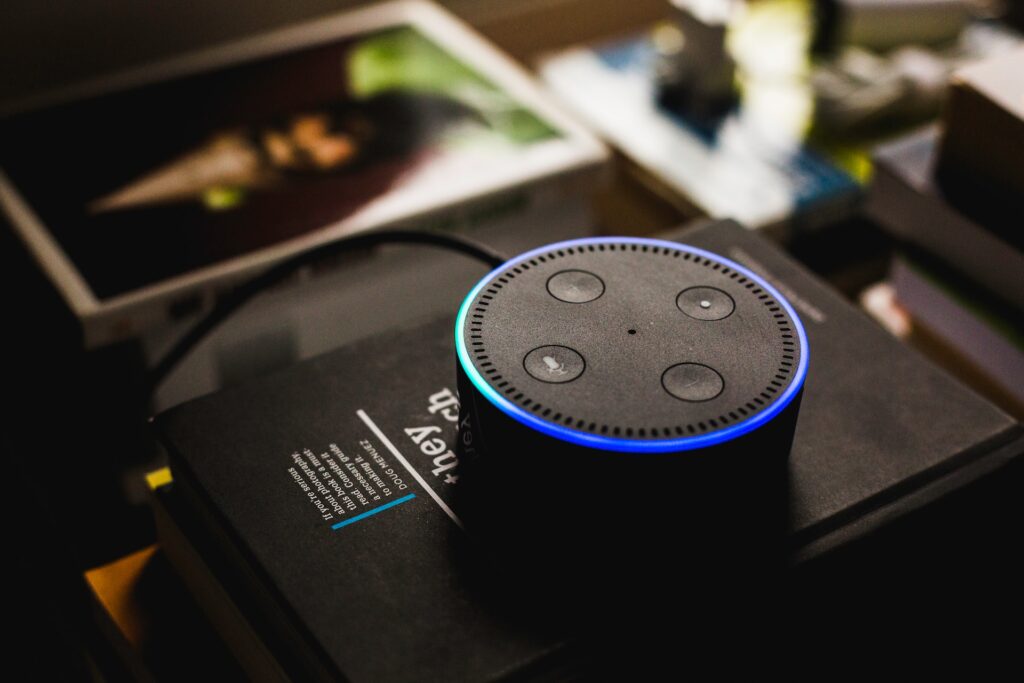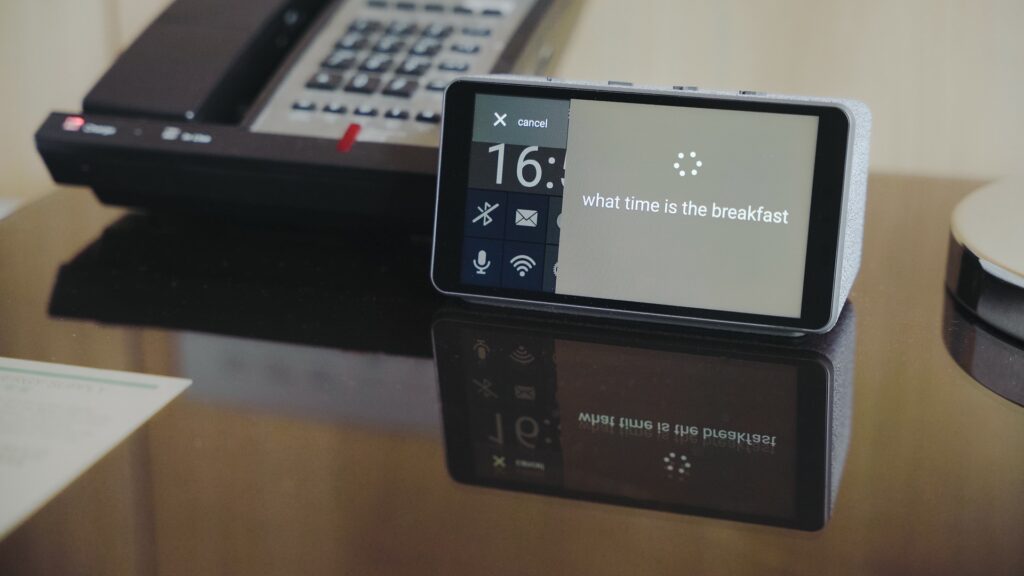Voice assistants have come a long way since their inception in the early 1960s. The first voice assistant was IBM’s Shoebox device, which could understand 16 words and 9 digits. Since then, voice assistants have evolved through four distinct eras: Origin, Pre-modern, Modern, and Smart Speaker Revolution.
The modern era began with the launch of Siri, the first voice assistant to reach a wide audience, followed by Google Now and Microsoft’s Cortana. In 2014, Amazon introduced Alexa, which ushered in the Smart Speaker Revolution. The smart speaker revolution has transformed how people think about voice technology, and voice assistants are now integrating into every part of people’s lives.

Voice assistants are powered by artificial intelligence (AI) and natural language processing (NLP). They are designed to respond to voice commands and provide users with information, perform tasks, or control devices. Voice assistants have greatly improved natural language understanding (NLU). They can recognize various accents, dialects, and even different languages, making them accessible and user-friendly for a global audience . This development has democratized technology access, especially for individuals with limited typing or reading abilities.
In a way, voice assistants have ushered in a new era of human-computer interaction, transforming the way we live, work, and communicate with digital devices. They offer convenience, accessibility, and inclusivity, while also presenting challenges related to privacy, reliability, and dependence. Voice assistants are increasingly being used in customer service and business applications. Many companies use AI-powered virtual assistants to provide automated customer support, answer common questions, and even assist with online shopping.
Aiello Voice Assistant (AVA) is an example of a voice AI solution that uses natural language processing and machine learning to enhance user experiences and simplify tasks. AVA is specially created for the hotel industry and uses voice and machine learning-based NLP technology to create new interactions with guests and provide enhanced services. With data-driven back-end services, AVA provides valuable insights for hotels to better understand their guests and streamline their operations.
The technology behind AVA is a next-generation AI model based on innovative multi-intent NLU and a NLU deep learning framework, including real-time voice analysis and noise reduction. Aiello also created a knowledge Graph Database (GDB) for all industry partners to jump-start their AI tailored model.
The hospitality industry is an industry where AVA has emerged as a useful solution in helping hotels to boost productivity, reduce costs, cope with labor shortages, among other benefits.
Enhancing Guest Experience
Aiello Voice Assistant is designed to provide guests with a seamless and personalized experience. Guests can use voice commands to control room temperature, lighting, and other amenities, order room service, and get information about hotel services and local attractions. This creates a more convenient and enjoyable experience for guests, which can lead to higher satisfaction rates and increased loyalty.
Streamlining Operations
Aiello Voice Assistant can help hotels to streamline their operations by automating routine tasks such as room service requests, wake-up calls, and housekeeping requests. This can free up staff to focus on more important tasks, such as providing personalized service to guests. Additionally, Aiello Voice Assistant can provide valuable insights into guest behavior and preferences, which can help hotels to optimize their operations and improve their services.
Reducing Costs
Aiello Voice Assistant can help hotels to reduce costs by automating routine tasks and reducing the need for staff. This can help hotels to cope with labor shortages and reduce their staffing costs. Additionally, Aiello Voice Assistant can help hotels to reduce their energy costs by optimizing room temperature and lighting based on guest preferences.
Improving Accessibility
Aiello Voice Assistant can help hotels to improve accessibility for guests with disabilities. Guests with mobility or vision impairments can use voice commands to control room amenities and request assistance from hotel staff. This can create a more inclusive and welcoming environment for all guests.

By automating routine tasks, providing valuable insights into guest behavior and preferences, and improving accessibility, AVA is a perfect example of a voice AI solution that is pushing the boundaries of natural language processing and machine learning to enhance user experiences and streamline operations in the hotel industry.

